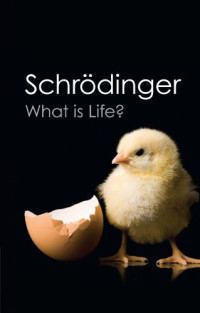- Main
- Mathematics
- How mathematicians think: using...

How mathematicians think: using ambiguity, contradiction, and paradox to create mathematics
William ByersTo many outsiders, mathematicians appear to think like computers, grimly grinding away with a strict formal logic and moving methodically--even algorithmically--from one black-and-white deduction to another. Yet mathematicians often describe their most important breakthroughs as creative, intuitive responses to ambiguity, contradiction, and paradox. A unique examination of this less-familiar aspect of mathematics, How Mathematicians Think reveals that mathematics is a profoundly creative activity and not just a body of formalized rules and results.
Nonlogical qualities, William Byers shows, play an essential role in mathematics. Ambiguities, contradictions, and paradoxes can arise when ideas developed in different contexts come into contact. Uncertainties and conflicts do not impede but rather spur the development of mathematics. Creativity often means bringing apparently incompatible perspectives together as complementary aspects of a new, more subtle theory. The secret of mathematics is not to be found only in its logical structure.
The creative dimensions of mathematical work have great implications for our notions of mathematical and scientific truth, and How Mathematicians Think provides a novel approach to many fundamental questions. Is mathematics objectively true? Is it discovered or invented? And is there such a thing as a "final" scientific theory?
Ultimately, How Mathematicians Think shows that the nature of mathematical thinking can teach us a great deal about the human condition itself.
1~5분 이내로 파일이 사용자님의 Telegram 계정으로 전송될 것입니다.
주의: 자신의 계정이 Z-Library Telegram 봇과 연결되어 있는지 확인하십시오.
1~5분 이내로 파일이 사용자님의 Kindle 기기로 전송될 것입니다.
비고: Kindle로 보내시는 책은 모두 확인해 보실 필요가 있습니다. 메일함에 Amazon Kindle Support로부터 확인 메일이 도착했는지 메일함을 점검해 보시기 바랍니다.
주로 사용되는 용어
연결된 도서 목록
















































































































































































































































 Amazon
Amazon  Barnes & Noble
Barnes & Noble  Bookshop.org
Bookshop.org  파일을 변환하실 수 있습니다
파일을 변환하실 수 있습니다  더 많은 검색 결과
더 많은 검색 결과 기타 혜택
기타 혜택 










































